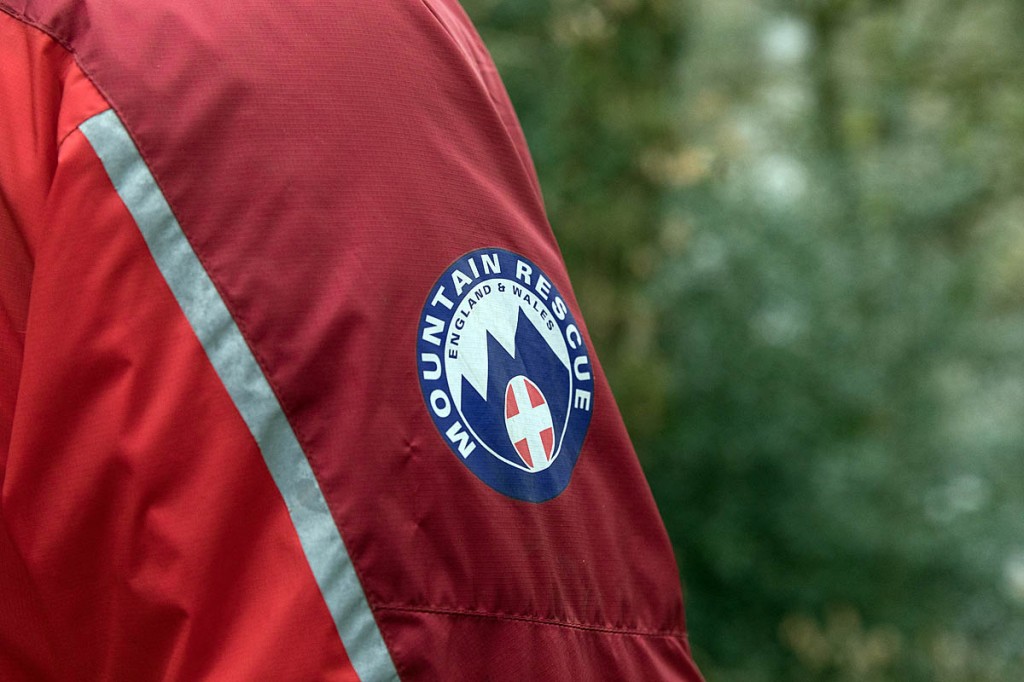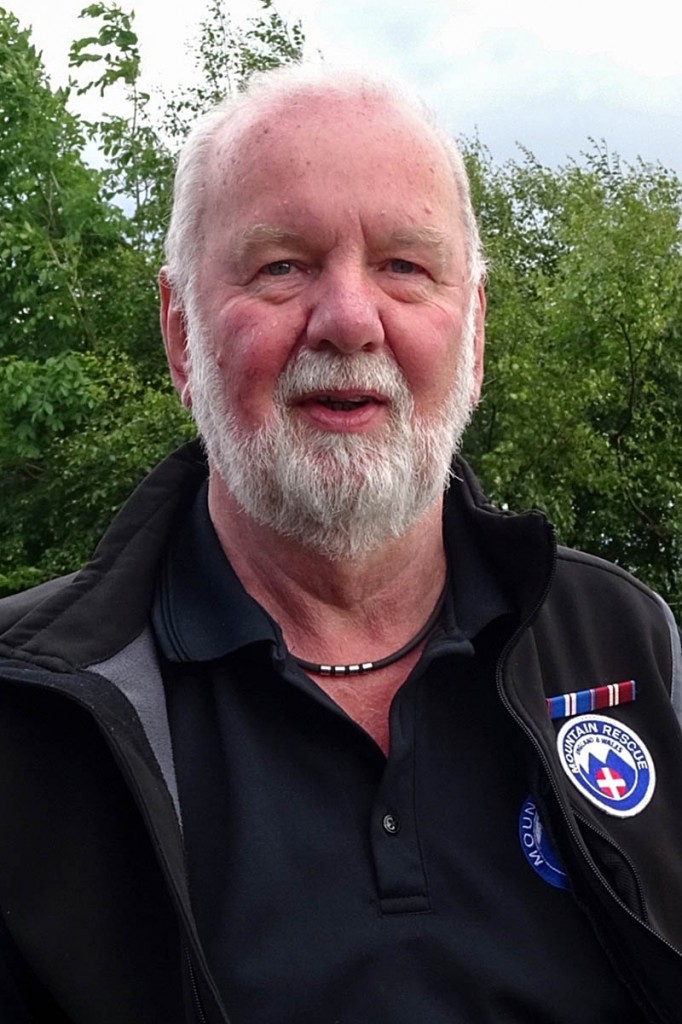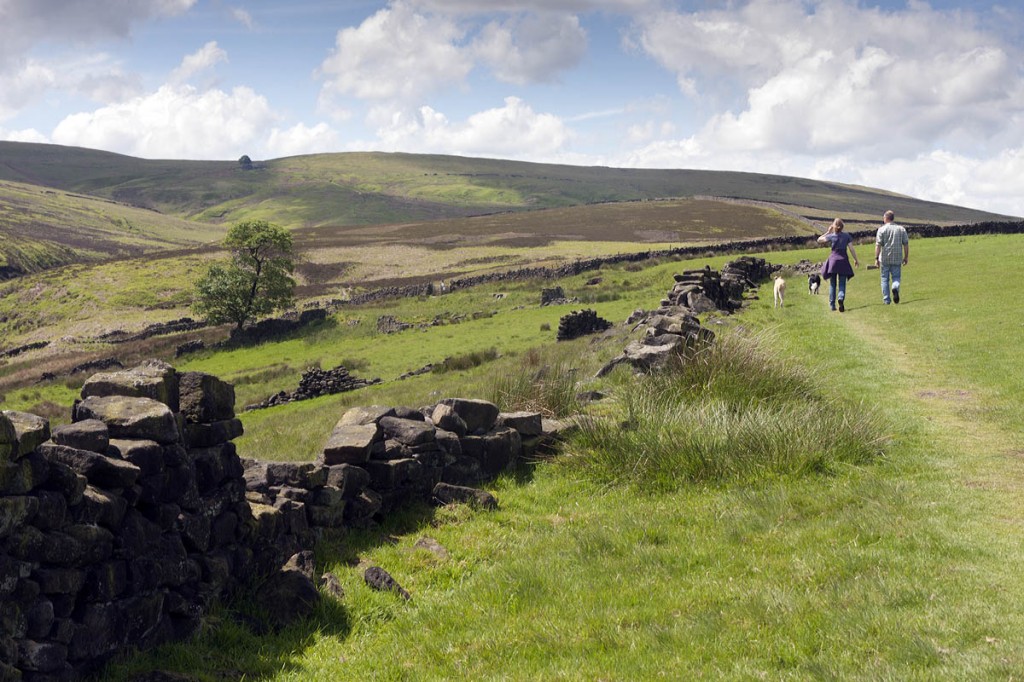Anyone heading for the hills after the coronavirus lockdown is relaxed should take responsibility for their own safety, rescuers have said.
Mike France, senior executive officer of Mountain Rescue England and Wales, said teams are anticipating an increase in callouts from Wednesday, when people in England will be allowed to travel away from home for exercise.
The organisation, which represents teams south of the border, said the same could happen in Wales if the situation changes there. The prohibition on driving to a location to take exercise in Wales will remain, as it will in Scotland and Northern Ireland.
Mr France said: “We’d like to thank everyone who has stayed at home and kept themselves and mountain rescue volunteers safe in recent weeks, but we know that this is going to change as lockdown is reduced.
“On callouts, our volunteers will still need to take precautions with every casualty, assuming them to be positive with Covid-19. They need to do this to stay safe and well themselves and to ensure that teams are available when needed through the summer.
“Any surge in visitors and callouts is going to put a huge additional pressure on mountain rescue volunteers, in addition to the extra work of using personal protective equipment and stringent cleaning of kit and vehicles.
“Our national parks are sending out clear messages about staying safe and being respectful of rural communities. We would reinforce those. It is essential that everyone heading for the hills takes responsibility for their own safety and should be aware that mountain rescue response times will be longer because of the additional preparations needed.
“Ideally, just because the government says you can go out, it doesn’t mean you should.”
MREW said, in recent years, mountain rescuers have played an important role in spreading be AdventureSmart messages. These focus on planning ahead for forecast weather conditions, wearing and carrying the right clothing and equipment and having the skills and expertise for a planned route. These will be even more important this summer and with an additional factor, the organisation said.
Mr France said: “No matter how much exercise people have been taking at home, in their gardens or local to home during lockdown, most of them may not be as hill-fit as they were three months ago.
“Anyone planning a day out in the hills needs to break themselves in gradually, not do too much and plan a route that is well within their current capabilities.
“Basically, in England there is a change from stay at home to stay alert and we would say ‘stay safe’.
“People can travel to undertake exercise, while in Wales the regulations have not changed and although you can exercise more than once a day it is only from your home. This difference is really important to understand.”
MREW said:
- Everyone needs to think about their skills and capabilities, anticipate the weather and have the equipment and clothing to stay safe
- Mountain rescue volunteers are doing everything they can to stay well and keep an effective rescue service available in the weeks and months ahead. We ask for the public’s support in doing this
- Any callout to an injured walker, climber or cyclist could involve a large number of volunteer team members, especially if a stretcher carry is involved. This means using PPE and risking the volunteers’ own health and that of their families
- In Wales you are not permitted to drive to a place of exercise.
Teams in the Lake District have appealed to walkers, climbers and mountain bikers not to take to the national park’s mountains during the coronavirus crisis. The Lake District Search and Mountain Rescue Association asked visitors to be considerate and not add to the burden on its volunteers and the NHS in the area.
The British Mountaineering Council, which represents climbers, mountaineers and hillwalkers in England and Wales, said people should choose objectives within their physical and technical limits and avoid very popular areas.
It advised staying local, adding: “While this is not part of the government’s guidance, staying local will reduce the load on national parks and rural communities whilst they are sensitive to increased visitor numbers.”
Visitors should also give a wide berth to people, houses, farm buildings and vehicles in the interests of fostering good relations with local communities.
The BMC also said climbers and walkers should be on the lookout for wildlife, which may have moved into unexpected areas while the hills were quieter.



Margaret
12 May 2020Back in the day, taking "responsibility for their own safety" was a recognised part of a mountaineer's skill.
Mountain Rescue emerged from and has its roots in the activity of Mountaineering.
As we and the media continually raise Mountain Rescue profile will it eventually become separated from its beginnings and even become an arm of the state?
innominate tarn
13 May 2020The Picture above is that near Top Withins?
Bob
13 May 2020Yes